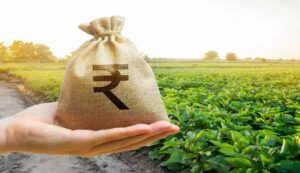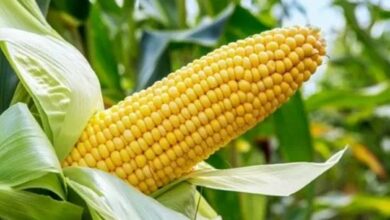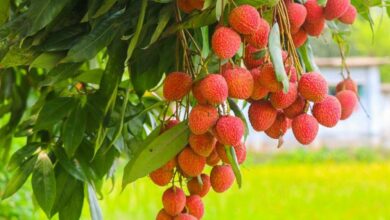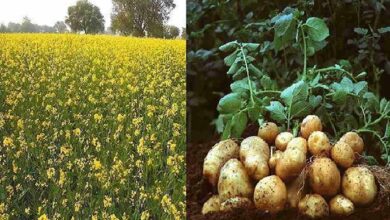Subsidy on fertilizers: Now farmers will get subsidy on fertilizers, know how to avail the benefit
The Union Cabinet’s proposal to raise the special subsidy on di-ammonium phosphate (DAP) fertilizer has drawn considerable opposition from the All India Kisan Sabha (AIKS). According to the farmers’ organization, this decision would not safeguard farmers’ interests and will instead boost corporate profits.

Significant rise in DAP costs
Additionally, the farmers’ organization said in the statement that DAP costs had skyrocketed. In 2009–10, DAP cost Rs 9,350 per tonne; but, by August 2023, that price had risen to Rs 27,000 per tonne. In addition, Muriate of Potash (MOP) now costs Rs 34,644 per tonne in August 2023, up from Rs 4,455 per tonne in 2009–10.
severe reduction in fertilizer subsidies
Additionally, according to the farmers’ group, fertilizer subsidies have been drastically reduced during the last three years. In the amended budget for 2023-24, the fertilizer subsidy was cut from Rs 51,339 crore in the Union Budget 2022-23 to Rs 1,88,894 crore, which is Rs 62,445 crore less than in 2022-23. The budget forecast for 2024–2025 includes a fertilizer subsidy of Rs 1,64,000 crore, which is Rs 24,894 crore less than the previous fiscal year.
Imports are up while local manufacturing is down.
According to the farmers’ group, India has grown more reliant on imports to satisfy its fertilizer needs since local fertilizer output has not been able to keep up with demand over the last three decades. Specifically, fertilizers based on phosphate and potash (P&K) have been more widely imported. DAP fertilizer now accounts for 60% of imports, while MOP fertilizer is 100% imported. India’s agricultural output and food security are now unstable as a result.
Fertilizer companies’ profits
Citing a number of studies, the farmers’ group said that fertilizer firms’ profit margins might reach 36 percent in 2022, the greatest level since the global financial crisis of 2007–2008. In addition, this situation has been made worse by the decline in the rupee’s value and the scarcity of fertilizer.
A government decision
On Wednesday, the government made a significant step by extending the extra DAP fertilizer subsidy until December 31, 2024. The federal treasury would be burdened with up to Rs 3,850 crore as a result of this judgment. From April 1 to December 31, 2024, the national government offered a special package of Rs 2,625 crore on di-ammonium phosphate at a price of Rs 3,500 per tonne. The government-fixed nutrient-based subsidy (NBS) was supplemented by this package.





